Resolution #436
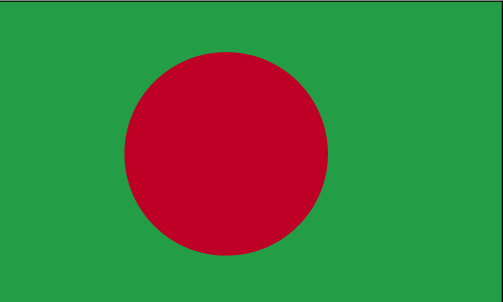 |
The question of improving third level institutions in LEDC’s. |
| Committee: SOCHUM | |
| Main Submitter: Bangladesh | |
| Submitted: 14/02/2025 21:17 |
| Status |
|---|
| Passed cosubmitter sheet validation |
| Approved by approval panel |
| Selected for debate by secretariat |
| Failed by committee (SOCHUM) |
Committee Voting
| For: | 19 |
| Against: | 35 |
| Abstentions: | 2 |
Options
Co-submitters
 | Belgium |
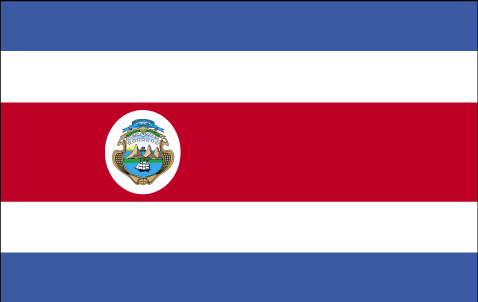 | Costa Rica |
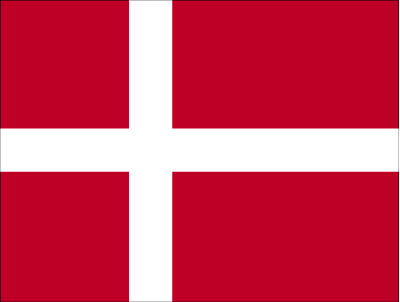 | Denmark |
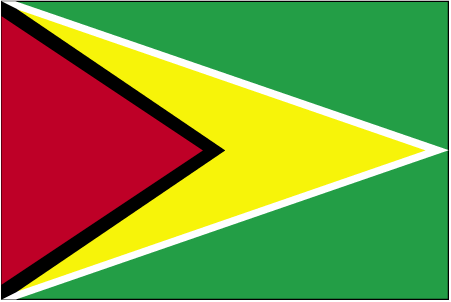 | Guyana |
 | Iraq |
 | Italy |
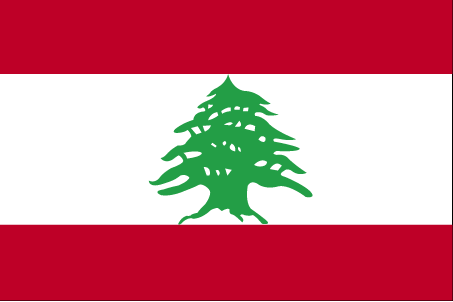 | Lebanon |
 | Malta |
 | Syrian Arab Republic |
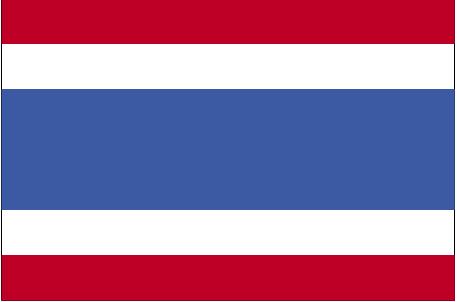 | Thailand |
 | Tonga |
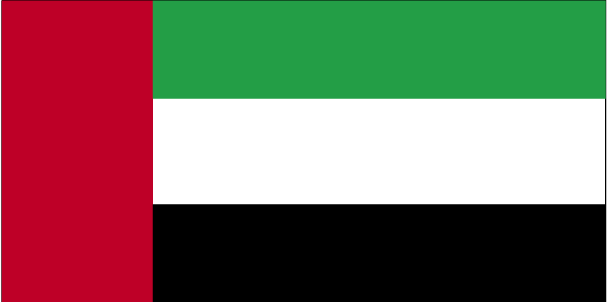 | United Arab Emirates |
Resolution
FORUM: SOCHUM
TQO: Improving third level institutions in LEDC’s
SUBMITTED BY: Bangladesh
CO-SUBMITTERS:, Belgium, Costa Rica, Denmark, Guyana, Iraq, Italy, Lebanon, Malta, Spain, Syria, Thailand, Tonga, UAE
THE SOCIAL AND HUMANITARIAN COMMITTEE
Welcomes all member states willing to dedicate its resources and power to take part in solving this issue,
Implores the house to recognise the importance of this resolution and seriously consider its content in order to provide third level institutions in less economically developed countries,
Expecting the house to vote in favor of this resolution in order to improve third level institutions in less-economically developed countries (LEDCs),
Noting with concern that, according to 2021 data, countries such as Burundi and Mali have tertiary education attainment rates as low as 0.3% and 0.5% respectively,
1. Encourages that, in partnership with national education ministries, regional development banks, and United Nations Economic and Social Organisation (UNESCO), assessments of the educational gap be conducted in order to expand higher education in LEDCs in a planned, sustainable, and internationally supported way, assessments will prioritize:
a) university building in locations with strong demand based on population density and student-to-university ratios
b) low-income areas where budgetary limitations limit access to education
c) places where learning opportunities are few in isolated and politically and geographically unstable locations;
2. Calls for a planned creation of "Regional Education Hubs" by building colleges close to:
a) main major transportation routes, such as highways and railway lines, to ensure: accessibility for students coming from various regions
b) economic centers to promote employment and education driven by industry;
3. Requests partnerships with Academic institutions for research collaborations that includes:
a) the establishment of inter-university agreements between the LEDCs, and regional or international higher educational institutions for faculty exchanges that allow professors and researchers to proceed and teach, as well as study, in partner institutions
b) joint research programs together with UNESCO and United Nations Development Programme (UNDP), geared towards economic and social problems peculiar to LEDCs;
4. Advocates for climate resilient, sustainable, and affordable university construction through the use of locally sourced materials such as bamboo, recycled concrete, and compressed earth bricks as well as the installation of rainwater harvesting and grey water facilities;
5. Suggests the establishment of a Regional Education Exchange and Scholarship Program (REESP), in the mould of Erasmus + that facilitates cross-border higher education access to students in the Less Economically Developed Countries of the sub-region through:
a) tuition-free study for students from the LEDCs into the partner universities in their respective sub-regions through the funds of the United Nations
b) encouraging the participating universities to offer at least a certain percentage of seats for these scholarship holders from the LEDCs, so that equality of opportunity is ensured;
6. Encourages universities in LEDCs to develop industry-aligned curriculums by:
a) establishing apprenticeship programs in partnership with international and local companies to form a liaison between academic knowledge and practical life skills
b) creating mentorship programs between experienced professionals and students to form empathy and create a realistic experience for students;
7. Aims to establish a secure and assuring project for local students which will include extra courses completely specialized for surrounding businesses and industries by develoğing an extended curriculum complete with new classes, securing students’ future in the LEDC’s industry including;
a) elusive engineering courses for LEDC’s specializing in mining and metal extraction
b) specialized marketing classes for countries with industries.
Albania- add clause 8
8: Recommends the formation of an annual conference, which will be held in Geneva, Switzerland, to give all nations a voice on their concerns with education;
a)encouraging dialogue between member nations and any relevant experts about the problem of tertiary education within the developing world
b)reviewing the solutions to combat the poor education within the developing world, and how best to implement them
c)defining what a developing country is – alongside experts in the field of economics and other relevant studies, to decide which countries need the aid outlined in clause 1